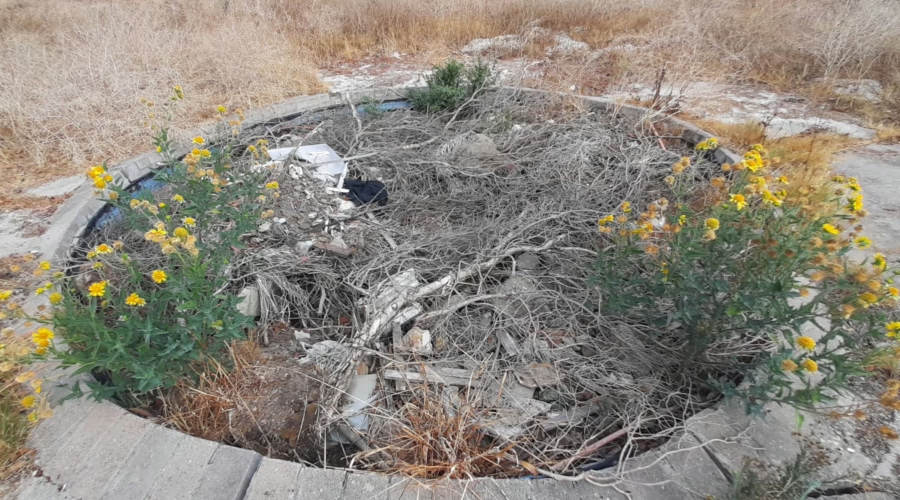A Pool of Waste – When Neglect Turns Hazardous
Introduction
An abandoned swimming pool filled to the brim with rubble, garden waste, plastics, metals, and other refuse is more than an eyesore; it’s a serious health, environmental, and safety hazard. This makeshift dumping ground epitomizes the neglect of property maintenance and poses risks that extend beyond the occupants to the surrounding community.
The Issue: A Pool Filled with Waste
- Health Hazards
- The accumulation of waste, particularly organic materials, can attract vermin such as rats and other pests, creating a breeding ground for disease.
- The improper disposal of materials, including garden and household waste, increases the likelihood of odors, bacteria, and fungal growth, which can harm nearby residents.
- Environmental Risks
- The use of a swimming pool as a dumping site contravenes waste management regulations, contributing to soil and potential groundwater contamination.
- The decomposing waste can release harmful toxins into the air and surrounding areas.
- Safety Concerns
- Loose and unstable debris in the pool creates physical risks, especially for children or animals who may accidentally access the area.
- A neglected site like this often becomes a magnet for further illegal dumping, compounding the risks.
Legal Framework for Addressing Neglected Pools
- Municipal Health By-laws
- Most municipalities require property owners to maintain outdoor spaces, including swimming pools, in a clean and safe condition.
- National Environmental Management: Waste Act (2008)
- Prohibits illegal dumping and mandates responsible disposal of waste to prevent environmental degradation.
- National Building Regulations and Building Standards Act (1977)
- Holds property owners accountable for maintaining the structural integrity and safety of all property features, including swimming pools.
- Rental Housing Act (1999)
- Obligates landlords to ensure that properties, including outdoor areas, are habitable and free from health hazards.
Landlord and Municipal Responsibilities
- Landlords:
- Remove all waste from the swimming pool and restore the area to a safe and sanitary condition.
- Ensure ongoing compliance with municipal by-laws and waste management regulations.
- Municipal Authorities:
- Respond promptly to reports of neglected properties and conduct inspections.
- Impose penalties or take corrective action against property owners who fail to comply with waste management and health regulations.
Actions Occupants and Neighbors Can Take
- Report the Issue:
- File a formal complaint with the local municipality, referencing the Municipal Health By-laws and Waste Act.
- Provide photographic evidence to support the urgency of the matter.
- Escalate If Necessary:
- Approach environmental watchdogs or health departments if local authorities fail to act.
- Protect Yourself:
- Keep children and pets away from the area and consider temporary pest control measures.
Conclusion
An abandoned pool filled with waste is not just a mark of neglect; it’s a public hazard that violates health, safety, and environmental standards. Landlords and municipal authorities must recognize the urgency of addressing such issues to protect the health of occupants and the community.
Occupants and concerned neighbors must remain vigilant and assert their rights to a clean and safe environment. The broader community cannot afford the costs of inaction, from deteriorating living conditions to potential health crises.
Legal Context for the Right to Publish
This article is published in accordance with:
- Section 16 of the Constitution of South Africa (1996): Protects the right to freedom of expression, including the right to share information on public health and safety matters.
- Promotion of Access to Information Act (PAIA) (2000): Supports the right to access and disseminate information vital for protecting rights.
- Open Justice Principle: Ensures transparency and accountability in addressing public hazards.


